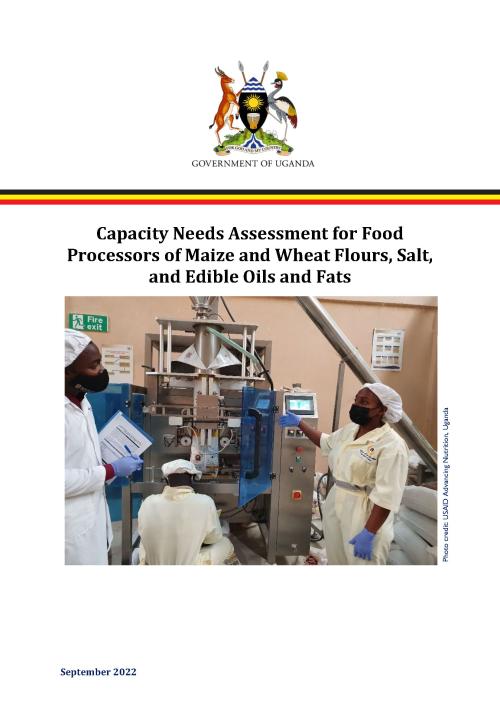Micronutrient deficiencies, also known as hidden hunger, remains a public health concern in Uganda, particularly for children under 5 years and women of reproductive age. The Uganda Demographic Survey 2016 rated anaemia at 53 percent; and anaemia at 32 percent among women of reproductive age (15–49 years) and 33 percent for adolescent girls (15–19 years). The uptake of interventions, such as vitamin A supplementation, that contribute to normal vision, immune system, reproduction, growth and fetal development was at 62 percent for children 6–59 months of age. For children 6–23 months of age, only 15 percent had access to a minimum acceptable diet (MAD), and only 40 percent of those who did have access to a MAD consumed iron-rich food. Only 34 percent of school children consumed school meals in schools.
